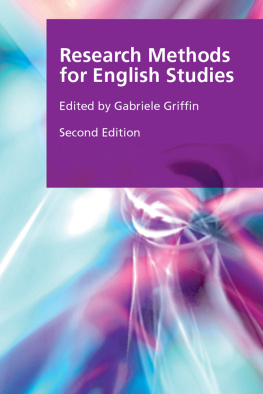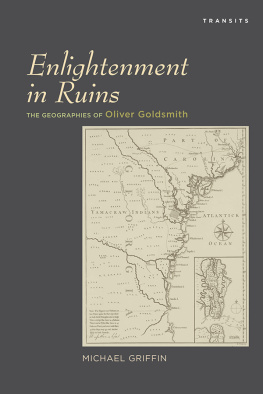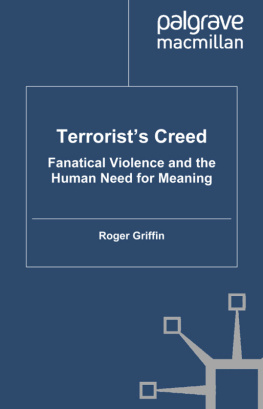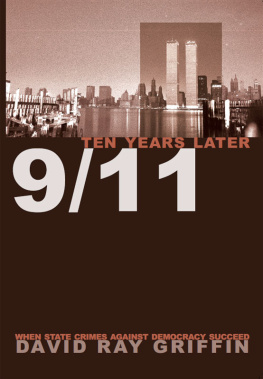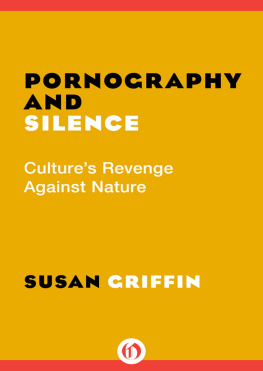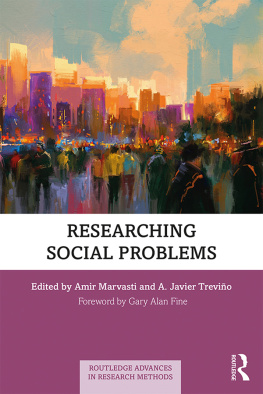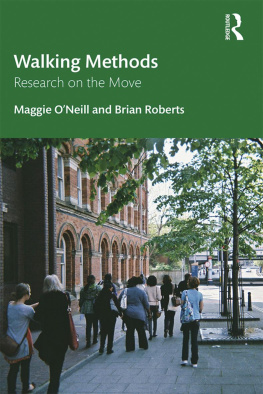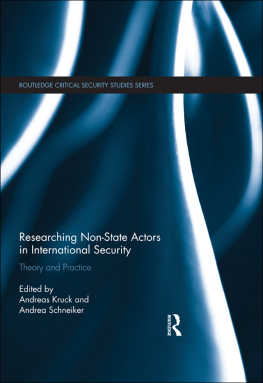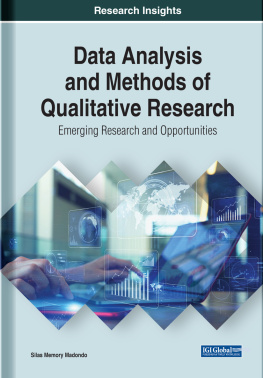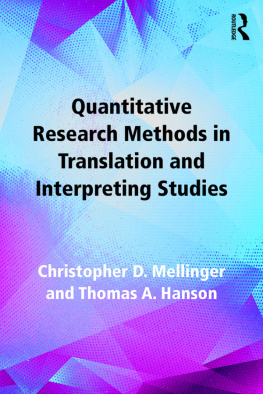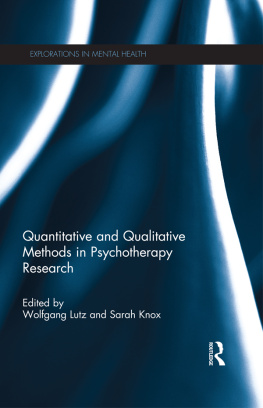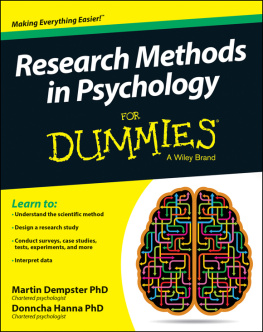Research Methods for English Studies
RESEARCH METHODS FOR THE ARTS AND HUMANITIES
Published Titles
Research Methods for English Studies, 2nd Edition
Edited by Gabriele Griffin
Research Methods for Law
Edited by Mike McConville and Wing Hong Chui
Research Methods for Cultural Studies
Edited by Michael Pickering
Practice-led Research, Research-led Practice in the Creative Arts
Edited by Hazel Smith and Roger T. Dean
Research Methods in Theatre and Performance
Edited by Baz Kershaw and Helen Nicholson
Research Methods for History
Edited by Lucy Faire and Simon Gunn
Research Methods for Memory Studies
Edited by Emily Keightley and Michael Pickering
Research Methods for
English Studies
Second Edition
Edited by Gabriele Griffin
EDINBURGH
University Press
First edition in that edition, Edinburgh University Press, 2005
Second edition editorial matter and organisation Gabriele Griffin, 2013
the chapters their several authors, 2005, 2013
Edinburgh University Press Ltd
22 George Square, Edinburgh EH8 9LF
www.euppublishing.com
First published in 2005 by Edinburgh University Press
Reprinted 2014
Typeset in 11/13 Ehrhardt by
Servis Filmsetting Ltd, Stockport, Cheshire,
printed and bound in Great Britain by
CPI Group (UK) Ltd, Croydon CR0 4YY
A CIP record for this book is available from the British Library
ISBN 978 0 7486 8343 7 (paperback)
ISBN 978 0 7486 8344 4 (webready PDF)
ISBN 978 0 7486 8345 1 (epub)
The right of Gabriele Griffin
to be identified as Editor of this work
has been asserted in accordance with
the Copyright, Designs and Patents Act 1988.
Contents
Acknowledgements
T his volume has its origins in a regional seminar in Yorkshire and the North-East of England, on research methods training for postgraduates, held in 2002 and involving representatives from Humanities subjects from the universities of Sheffield, Manchester, Leeds, York, Leeds Metropolitan, Newcastle-upon-Tyne and Sheffield Hallam, and the University of Hull whose Faculty of Arts and Social Sciences funded that event. The focus of that event was a discussion about the implications of the then just published Postgraduate Review by the Arts and Humanities Research Board (Williams 2002) for postgraduate research training. That discussion highlighted the absence of writing on research methods in certain Humanities subjects, including English. Following that event, the University of Hull sponsored a year-long research seminar series on research methods in which many of the contributors to this volume took part. I would therefore like to acknowledge, in the first instance, the support of the Faculty of Arts and Social Sciences in enabling this project to take shape and for funding the seminar series.
Secondly, I would like to thank all those who commented on this volume, offering advice and support. They include Ben Knights, then Director of the English Subject Research Centre, whom I consulted about contributors. Among them was also Lucie Armitt, now at Salford University, who invited me to a research seminar where a lively discussion took place. My then colleagues in English at the University of Hull in particular Valerie Sanders, Patsy Stoneman and Katharine Cockin as much as my colleagues in Gender Studies in particular Rachel Alsop were sources of useful discussions and supportive input. I would also like to thank my Masters and PhD students past and present whose work has influenced my thinking on research methods and kept me on my toes intellectually, theoretically and practically. My visiting professorship at Monash University, Melbourne, Australia, during the summer of 2003 enabled me to work on the first edition of this volume, and special thanks go to Maryanne Dever, now at the University of Newcastle, Australia, for making that time possible.
During the development of the volume I obtained a three-year EU-funded research project grant (DG XII Research, European Commission) to work on Integrated Research Methods in the Humanities and Social Sciences. My sincerest thanks therefore go to my project partners Harriet Silius, Abo Akademi University, Finland; Isabel Carrera Suarez, University of Oviedo, Spain; Karin Widerberg, Oslo University, Norway; Ulla Holm, University of Gothenburg, Sweden; Jasmina Luki, Central European University, Budapest, Hungary; Silke Wenk, Oldenburg University, Germany; Ursula Apitzsch, Frankfurt University, Germany; and Nicky Le Feuvre, Universit de Toulouse Le Mirail, France with whom I continue to be engaged in intensive and productive discussions about research methods. Working with them remains one of the joys of my professional life.
I should also like to thank Edinburgh University Press, and in particular Jackie Jones and Bob Morris, for supporting this project and for inaugurating the Research Methods for the Arts and Humanities series of which this was the first volume. Their recognition that research training in the Arts and Humanities in Britain and across Europe is undergoing significant changes has been key to making this volume possible.
CHAPTER 1
Research Methods for English Studies: An Introduction
Gabriele Griffin, University of York
W hen I was working on the first edition of this volume I started it by stating that Until very recently, research methods were not widely discussed in English studies. In many respects this remains the case in 2013. In the 1980s, when I was a postgraduate student, research methods did not figure at all research was what you did, and the best you could hope for was a brief introduction to the vagaries of the library. There was no sense that you needed to know about the process of conducting research, or that how you did it might influence the outcome though you might find yourself held to account during your viva for the sources you had used as the basis for your research.
During the second half of the 1990s when the issue of research training began to creep up on public and institutional agendas, research methods were what academics got others to deliver to their students mostly in the form of a basic library introduction (always unwelcome by those who had used that particular library already and felt they knew it), and basic computing skills (also frequently unwelcome, especially among younger students who had grown up with computers and certainly had basic computer skills). and that it was a necessary evil rather than a positive good.
This is strange considering that significant numbers of English studies academics in the UKundertaken research methods training was: Everyone in my group hated it and didnt learn anything. The only thing you learnt was from working with my supervisor. And from another: The most useful part was going around by myself, finding out what I needed to know... (35). A colleague told me that in English it is expected both that PhD students will have had research training as part of their Masters degree, and that the PhD students specific needs will be met by, or via, their supervisor. To what extent this is the case for international students, an increasingly large body of postgraduates in the UK, was not even considered as she noted with a sense of surprise to herself. Research training as such is not discussed in any forum in the department.
All this is not surprising in a research environment where the emphasis is on learning by doing, where supervisors themselves have no history of research training as a function of the point in time when they undertook their own postgraduate research, where students and staff work in a discipline that has no significant history of providing and discussing such training, and where as both an English Subject Centre report on this issue (Williams 2003) and the Arts and Humanities Research Boards Postgraduate Review (2002) indicate notions of radical individualism in research rather than research collaboration prevail. To this day, and unlike in research degrees in the social sciences, for instance, PhDs in English do not require, and in my experience virtually never have, a method/ology section something that is absolutely commonplace, not to say

